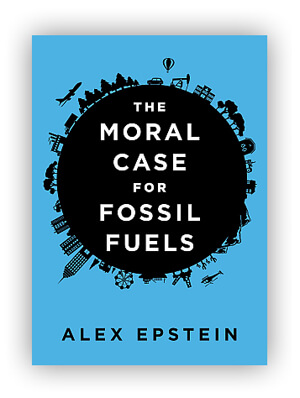A doctor’s primary responsibility is to heal, and all of our efforts and resources should be devoted to that goal. At times, it is impossible to restore a patient to perfect health and he or she must unfortunately deal with some degree of chronic disability. Still other times, though, the line between “perfect health” and “disability” is blurred, and nowhere (in my opinion) is this more problematic than in psychiatry.
To illustrate, consider the following example from my practice:
Keisha (not her real name), a 27 year-old resident of a particularly impoverished and crime-ridden section of a large city, came to my office for a psychiatric intake appointment. I reviewed her intake questionnaire; under the question “Why are you seeking help at this time?” she wrote: “bipolar schizophrenia depression mood swings bad anxiety ADHD panic attacks.” Under “past medications,” she listed six different psychiatric drugs (from several different categories). She had never been hospitalized.
When I first saw her, she appeared overweight but otherwise in no distress. An interview revealed no obvious thought disorder, no evidence of hallucinations or delusions, nor did she complain of significant mood symptoms. During the interview, she told me, “I just got my SSDI so I’m retired now.” I asked her to elaborate. “I’m retired now,” she said. “I get my check every month, I just have to keep seeing a doctor.” When I asked why she’s on disability, she replied, “I don’t know, whatever they wrote, bipolar, mood swings, panic attacks, stuff like that.” She had been off medications for over two months (with no apparent symptoms); she said she really “didn’t notice” any effect of the drugs, except the Valium 20 mg per day, which “helped me settle down and relax.”
Keisha is a generally healthy 27 year-old. She graduated high school (something rare in this community, actually) and took some nursing-assistant classes at a local vocational school. She dropped out, however, because “I got stressed out.” She tried looking for other work but then found out from a family member that she could “apply for disability.” She applied and was denied, but then called a lawyer who specialized in disability appeals and, after about a year of resubmissions, received the good news that she can get Social Security Disability, ensuring a monthly check.
How is Keisha “disabled”? She’s disabled because she went to see a doctor and, presumably, told that doctor that she can’t work because of “stress.” That doctor probably asked her a series of questions like “are you unable to work because of your depressed mood?”, “Do you find it hard to deal in social situations because of your mood swings?” etc., and she answered them in the affirmative. I’ve seen dozens—if not hundreds—of disability questionnaires, which ask the same questions.
I have no doubt that Keisha lives a stressful life. I’ve driven through her part of town. I’ve read about the turf wars being waged by the gangs there. I know that her city has one of the highest murder rates in America, unemployment is high, schools are bad, and drug abuse and criminal activity are widespread. I would be surprised if anyone from her neighborhood was not anxious, depressed, moody, irritable, or paranoid.
But I am not convinced that Keisha has a mental illness.
Lest you think that I don’t care about Keisha’s plight, I do. Keisha may very well be struggling, but whether this is “major depression,” a true “anxiety disorder,” or simply a reaction to her stressful situation is unclear. Unfortunately, psychiatry uses simple questions to arrive at a diagnosis—and there are no objective tests for mental illness—so a careless (or unscrupulous) provider can easily apply a label, designating Keisha’s situation as a legitimate medical problem. When combined with the law firms eager to help people get “the government money they deserve,” and the very real fact that money and housing actually do help people like Keisha, we’ve created the illusion that mental illness is a direct consequence of poverty, and the way to treat it is to give out monthly checks.
As a physician, I see this as counter-therapeutic for a number of reasons. With patients like Keisha, I often wonder, what exactly am I “treating”? What constitutes success? An improvement in symptoms? (What symptoms?) Or successfully getting her on the government dole? And when a patient comes to me, already on disability after receiving a diagnosis of MDD (296.34) or panic disorder (300.21) from some other doctor or clinic, I can’t just say, “I’m sorry about your situation, but let’s see what we can do to overcome it together,” because there’s no incentive to overcome it. (This is from someone who dealt with severe 307.51 for sixteen years, but who also had the promise of a bright future to help overcome it.)
